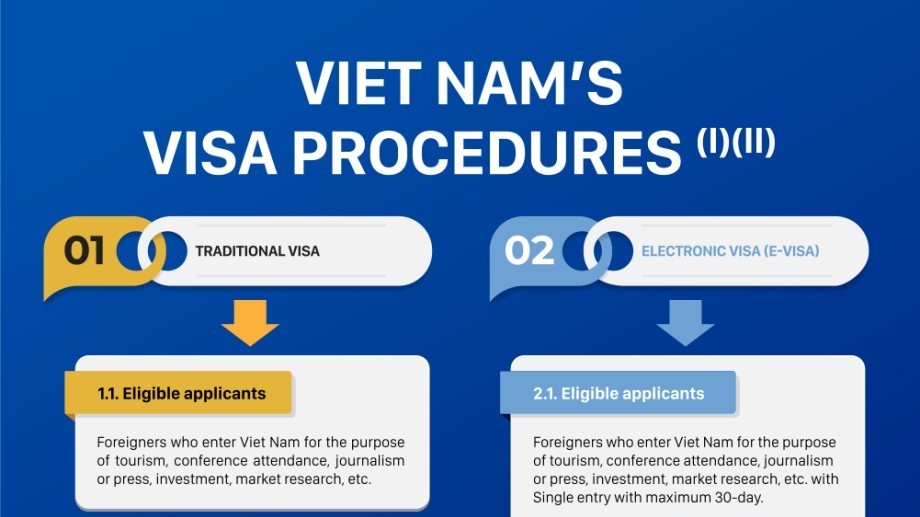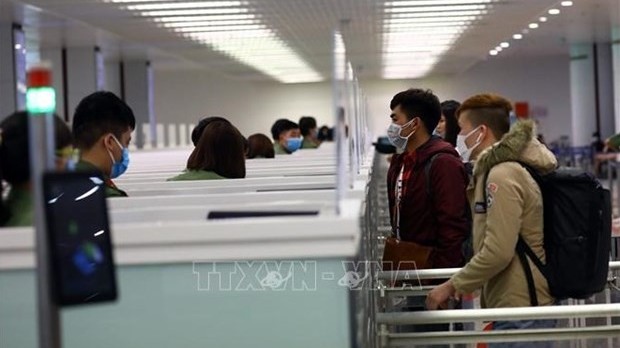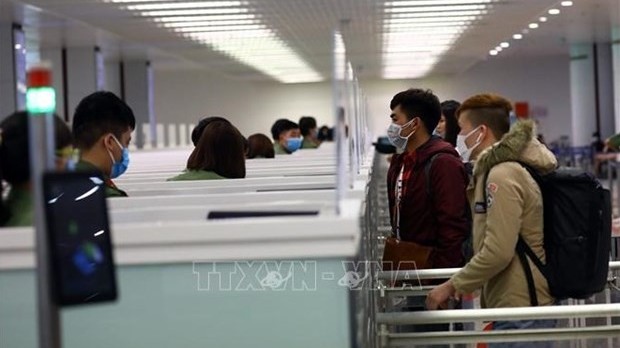
Korea expands E-9 visas to address labor shortages at hotels
Latest
 |
| The hotel industry was once popular among young Koreans. (Source: Korea Times) |
The change in visa policy was approved by the Office for Government Policy Coordination on Friday to address labor shortages in the hospitality industry as part of the country’s broader efforts to embrace more foreign workers amid a falling birthrate.
According to the government department, holders of the non-specialized work visa can now be employed at hotels and other types of accommodation facilities in four areas - Seoul, Busan, Jeju and Gangwon Province - as cleaners or kitchen assistants.
The department said it will decide whether to expand the policy to other areas or additional industries after collecting opinions from workers and employers next year.
It also added Tajikistan to the list of Korea’s partner nations allowed to send workers under the Employment Permit System, through which employers here can hire people by granting them E-9 visas.
“Tajikistan has been designated as the 17th partner country after conducting evaluations,” the department said in a statement. “We have concluded that the operation of a transparent system, in which workers are selected and trained, is possible as the government and public institutions are to take charge of it.”
If everything goes well as planned, Korea will begin receiving workers from the Central Asian country from 2025. The department noted it plans to continue to expand the list of partner countries. Currently, all the partners are located in Asia: the Philippines, Mongolia, Sri Lanka, Vietnam, Thailand, Indonesia, Uzbekistan, Pakistan, Cambodia, China, Bangladesh, Kyrgyzstan, Timor-Leste, Nepal, Myanmar and Laos.
The permit system was introduced in 2004 to allow small businesses to hire foreign workers in certain industry sectors shunned by Koreans, such as agriculture, fisheries, manufacturing, construction and some labor-intense service areas.
The hotel industry was once popular among young Koreans. But the industry was hit hard by the COVID-19 pandemic, resulting in the losses of many jobs. The number of tourists began to recover as pandemic travel rules were eased. But many of the workers who left during the health crisis have not returned, causing labor shortages.
According to the Korea Hotel Association, the number of guests staying at hotels nationwide jumped to 44.79 million last year, similar to the more than 40 million of 2018, the year before the outbreak. As many employers struggled to find Koreans willing to work, the organization called on the government to allow them to hire more foreigners, which eventually led to the visa expansion measure.
As the number of babies born in the country remains at its record-low levels, calls for more foreign labor are expected to continue increasing.
“We have promptly responded to the calls from many industries suffering from shortages of workers,” Bang Ki-seon, chief of the coordination department, said. “To grasp the situation correctly, we will continue to listen to the voices of employers and workers.”

















